Almost everyone has experienced a mouth ulcer on the tongue. It usually makes us very nervous and affects our eating, drinking, and even talking to some extent. These ulcers can also sting and burn intensively, according to what we put in our mouths.
Before any actual mouth ulcers appear, there are usually some small buds on the surface of the tongue. The ulcers themselves look like white or reddish lesions on the tongue. Doctors usually call these ulcers aphthous or just simply mouth ulcers.
The condition is not characterized as serious unless the ulcers turn from white lesions to red because red mouth ulcers can cause increased pain and burning. In most cases, even those very painful ulcers will resolve in about a week or two.
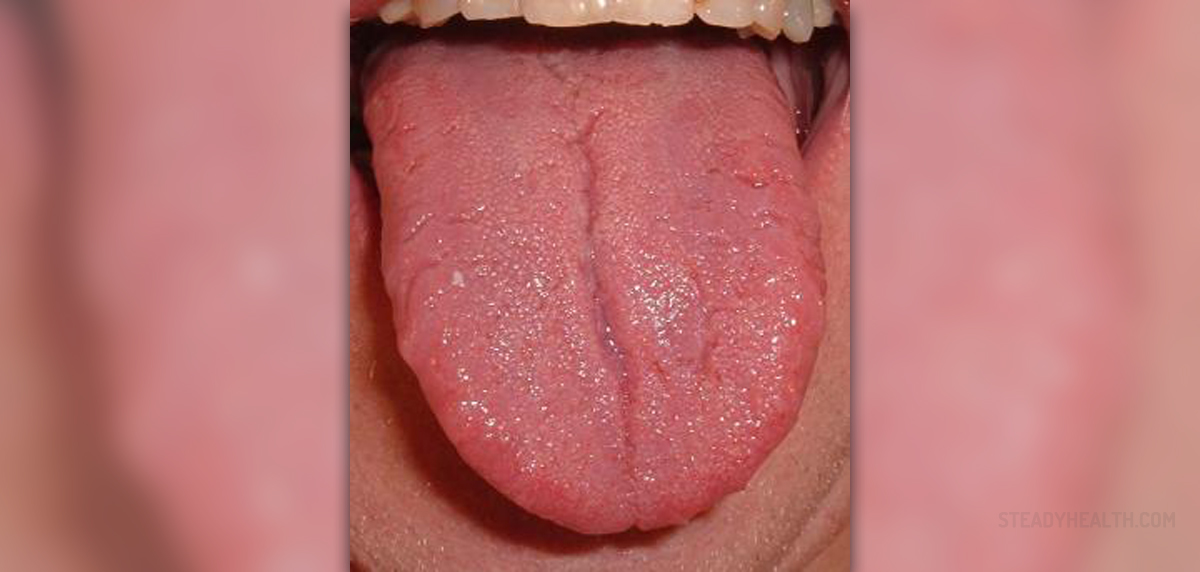
What Causes Mouth Ulcers
You must be aware that your actions and habits contribute a great deal to the development of mouth ulcers. Poor oral hygiene and improper ways of brushing your teeth are well known to cause aphthous ulcers. Some nutritional deficiencies, the consummation of very hot and spicy foods, eating at the improper time of the day, or drinking too much coffee, tea, or alcohol can also provoke the formation of mouth ulcers.
Smoking, stress, hormonal imbalances, or even constipation may also be the reasons for frequent troubles with mouth ulcers in your case. People suffering from peptic ulcers may also experience aphthous ulcers.
Unsafe oral sex is also one of the identified causes of mouth ulcers.
It is very important to identify the exact cause of aphthous ulcers that appear in your mouth, to treat them appropriately, and avoid the food or habits that caused them.
Mouth Ulcer Treatments
When you experience these unpleasant mouth problems, don’t despair, because there are treatments to ease the problem. Just rinsing your mouth with some salt and water will help you to ease the burning and speak a little better. You could also use some fresh coconut milk, tomato juice, alternatively hot and cold water, or coriander seeds tea and gargle it several times every day.
All these home remedies should help you to relieve some of the burning and stinging of mouth ulcers.
Eating proper food may also be helpful. People recommend eating ripe papayas, bananas, green apples, rice food, and curd. Also, one should try to drink more buttermilk and mulberry juice while dealing with mouth ulcers.
Butter, glycerin, gooseberry paste, banyan tree milk, and mixes made of glycerin, and pinch or turmeric or papal tree leaves and roots, mixed with some honey are home recipes for pain relief in people suffering from mouth ulcers.
If you consult a doctor, he/she will likely recommend using vitamin B complex or L-lysine supplements, as well as some gels, mouthwashes, or pastes made for the treatment of aphthous ulcers.
Studies from a number of countries have shown that persons suffering from mouth ulcers may seek advice from dental or medical practitioners may be encouraged by press advertising to self-medicate using proprietary preparations that are rarely of scientifically proven value; may approach the community pharmacy for advice or may investigate the effects of complementary medicine. In some countries at least, the evidence suggests that the latter delays diagnosis.
- One thousand members of the general public were randomly chosen and surveyed throughout the day in the main shopping streets of two towns in Israel, Haifa and Tel Aviv.
- All participants were presented with four standard verbal questions designed to identify reactions to and past experience of mouth ulcers. All responses were recorded immediately on to data sheets and transferred to a computer for analysis of frequencies and percentages and Chi-square analysis.
- Nearly one third of those surveyed admitted to a history of mouth ulceration. The vast majority (66–69%) would first approach their general medical practitioner for advice, 13–17% would first approach a general dental practitioner, and only a small minority of the public (4–10%) would first approach the community pharmacy.
- Lay persons could not distinguish an ulcer with features that would strongly suggest a malignant neoplasm from other types of mouth ulcer.
- www.betterhealth.vic.gov.au/health/conditionsandtreatments/mouth-ulcers
- www.nhs.uk/conditions/mouth-ulcers/
- Photo courtesy of ArnoldReinhold by Wikimedia Commons: commons.wikimedia.org/wiki/File:Tongue.agr.jpg



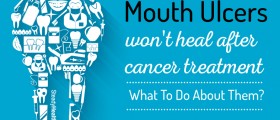





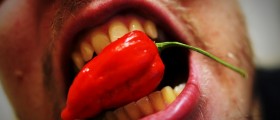
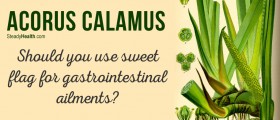
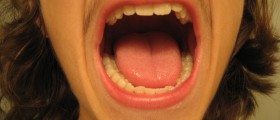

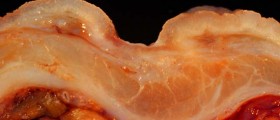

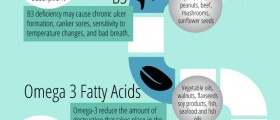
Your thoughts on this
Loading...